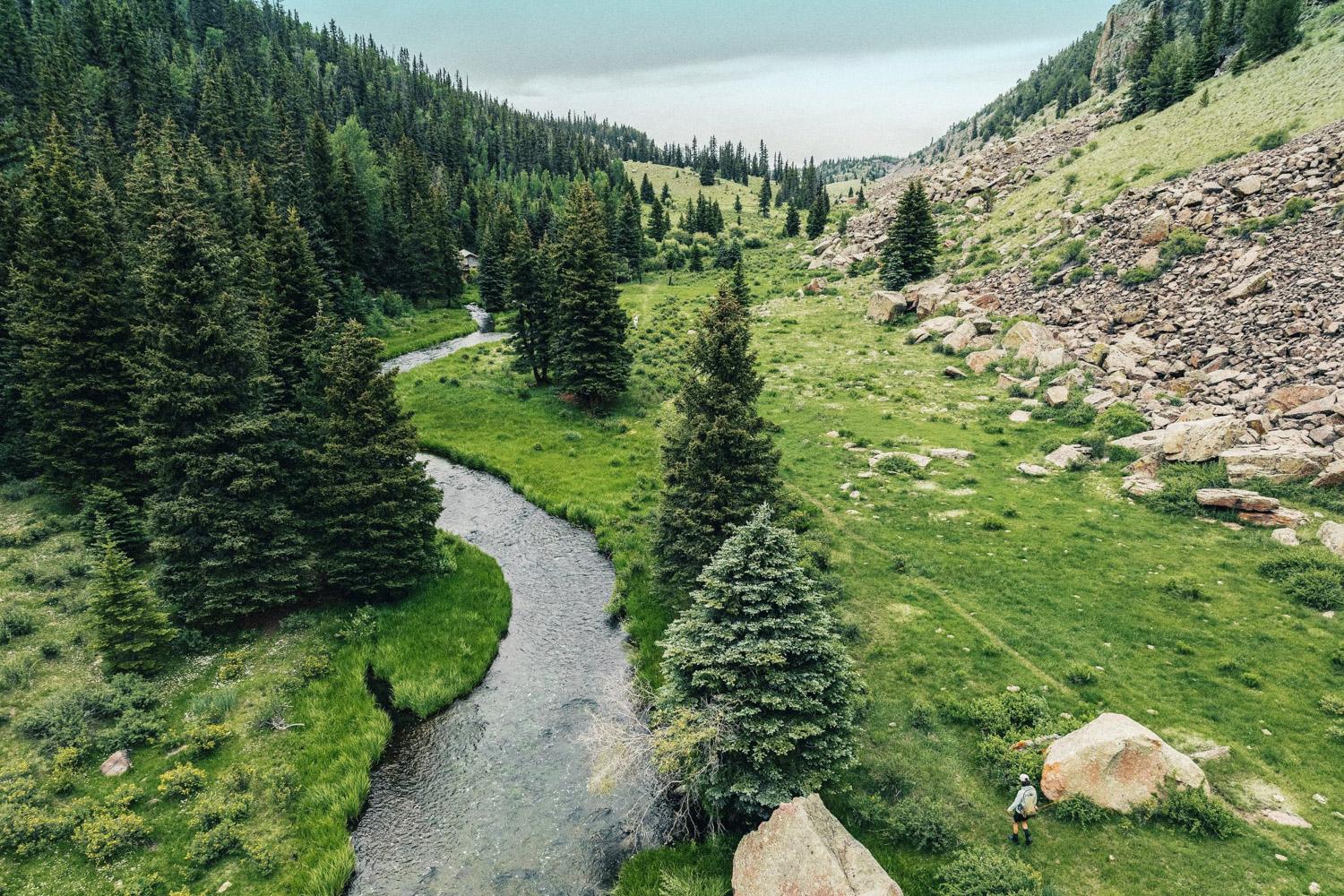
Some Wall Street investors think they've found their next big payoff: water in the West. Its potential, they believe, is in its scarcity. Water in the West is artificially cheap -- for now -- largely because of government policy.
But drought and exploding population represent an opportunity for hedge fund managers who think a more capitalistic approach could both solve water crises and result in a big pay day.
Critics of the idea include farmers and advocates for the poor who worry that people could be priced out of water. Reporter Abrahm Lustgarten wrote about the issue for ProPublica. His article, "Liquid Assets," also appears in The Atlantic.
Lustgarten spoke with Colorado Matters host Ryan Warner. Listen to their conversation above, and read highlights below.
On how water is undervalued:
“Water in the West has always been virtually free. We basically pay for the cost of the infrastructure or a slice of the cost of the infrastructure, to deliver it. So a typical municipal water cost might be between $1 and $3 for 1,000 gallons of water. Farms, where most of that water is used, pay just a few pennies for 1,000 gallons of water. …
“Water is a scarce resource. It’s in very high demand. It’s essential and extremely valuable and there’s no other scarce and needed resource which is essentially given away for free.”
On how would it work:
“It’s essentially a cap-and-trade system. Water rights have long been defined and doled out on a first-come, first-serve basis according to Colorado state law. A water rights system would cap those rights at some fixed amount so the value of that water can fluctuate. And then simply allow [water rights] to be moved from one owner to another more freely than they can now.
“Right now, laws around water use, water rights and beneficial use, at least make it difficult to move water from one farm to one city, or between farms, between counties -- things like that. [Hedge fund manager] Disque Dean sees an opportunity for scarcity to increase the value of that water.”
On how it might spur water conservation:
“When something is free or so incredibly cheap, as water has been, there’s not a lot of incentive to save it. Infrastructure improvements, conservation efforts, and so forth -- they are always viewed through the lens of cost. And if they cost a lot of money, they typically don’t happen. Politics are difficult to move forward and so forth.
“When you attach a cost to something like water, and you let its value increase, and you give a value so it can be traded, it’s basically worth the same to you and me as cash in our wallets. Then the whole incentivization around saving it, conserving it, making smart decisions about how you use it, changes. So the idea is that for one, conservation becomes cost-effective. Because if you save 1,000 gallons of water, you save $1,000 or whatever the equivalent amount of water is suddenly worth. That money can then be used to improve infrastructure.”
On what it might mean for the poor:
“No one is really calling for unfettered markets, for a completely free market for water. … There’s an agreement in the belief that there should be a basic right to a basic supply of water in the United States for a very affordable or minimal cost -- as there is now. What they want to do is begin to price and charge for the privilege for, what a lot of people say is, overusing that water -- whether it’s watering golf courses or filling swimming pools.”
On how reducing water for agriculture could help cities:
“About 80 percent of all water in the Colorado River Basin is used in agriculture. There’s an opportunity for a small reduction in agricultural water usage to translate into a very big increase in the amount of water available for urban and other industrial uses. So the idea is that without decimating farming, without really cutting the legs out from under it, you can either increase the efficiency of irrigation techniques and so forth or cut back a small amount on the acreage for farming and find the additional water supply you need.”









